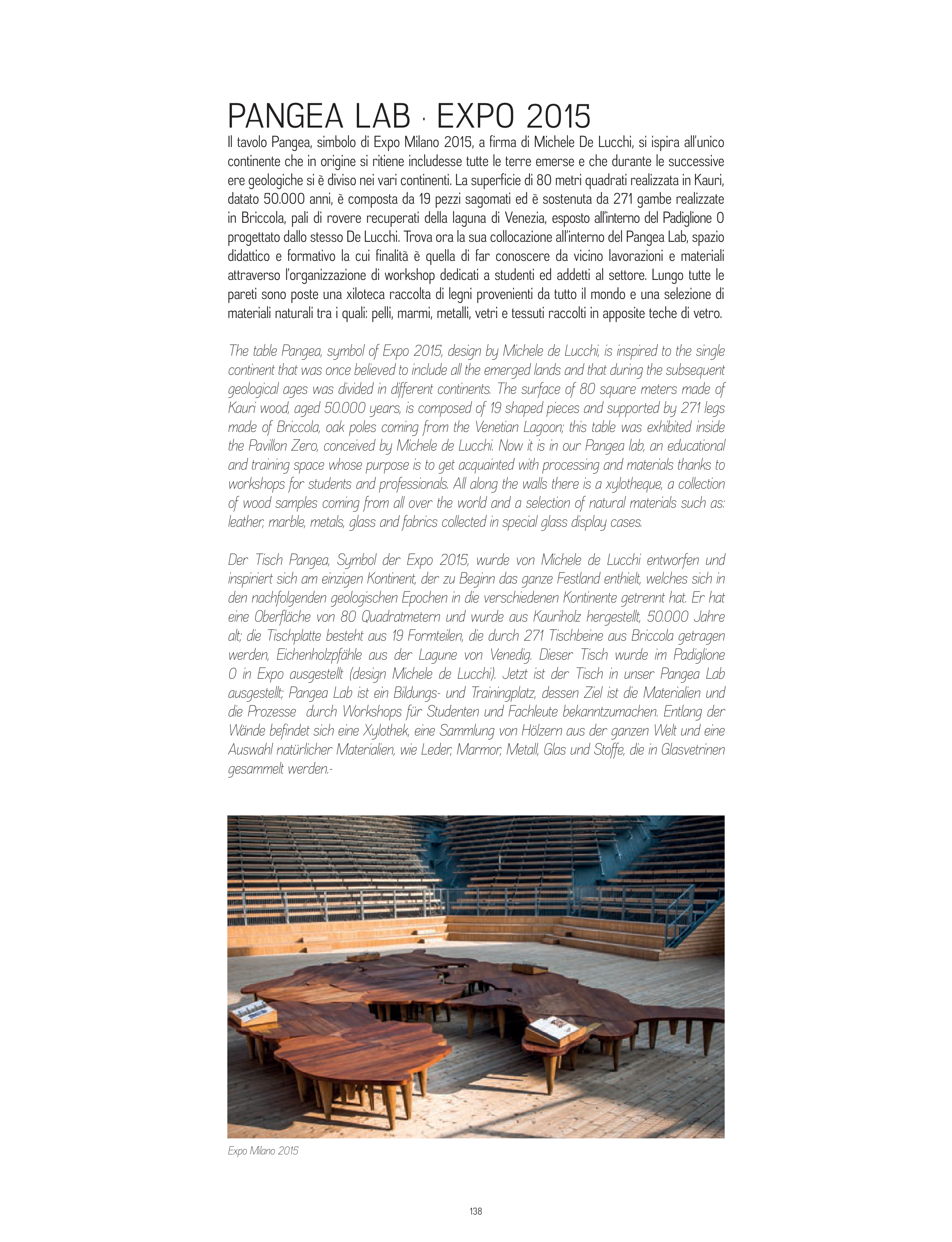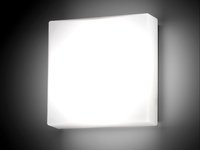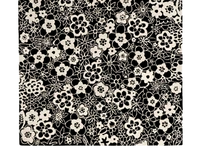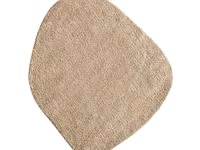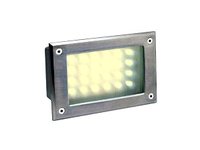138
Il tavolo Pangea, simbolo di Expo Milano 2015, a firma di Michele De Lucchi, si ispira all’unico
continente che in origine si ritiene includesse tutte le terre emerse e che durante le successive
ere geologiche si è diviso nei vari continenti. La superficie di 80 metri quadrati realizzata in Kauri,
datato 50.000 anni, è composta da 19 pezzi sagomati ed è sostenuta da 271 gambe realizzate
in Briccola, pali di rovere recuperati della laguna di Venezia, esposto all’interno del Padiglione 0
progettato dallo stesso De Lucchi. Trova ora la sua collocazione all’interno del Pangea Lab, spazio
didattico e formativo la cui finalità è quella di far conoscere da vicino lavorazioni e materiali
attraverso l’organizzazione di workshop dedicati a studenti ed addetti al settore. Lungo tutte le
pareti sono poste una xiloteca raccolta di legni provenienti da tutto il mondo e una selezione di
materiali naturali tra i quali: pelli, marmi, metalli, vetri e tessuti raccolti in apposite teche di vetro.
The table Pangea, symbol of Expo 2015, design by Michele de Lucchi, is inspired to the single
continent that was once believed to include all the emerged lands and that during the subsequent
geological ages was divided in different continents. The surface of 80 square meters made of
Kauri wood, aged 50.000 years, is composed of 19 shaped pieces and supported by 271 legs
made of Briccola, oak poles coming from the Venetian Lagoon; this table was exhibited inside
the Pavillon Zero, conceived by Michele de Lucchi. Now it is in our Pangea lab, an educational
and training space whose purpose is to get acquainted with processing and materials thanks to
workshops for students and professionals. All along the walls there is a xylotheque, a collection
of wood samples coming from all over the world and a selection of natural materials such as:
leather, marble, metals, glass and fabrics collected in special glass display cases.
Der Tisch Pangea, Symbol der Expo 2015, wurde von Michele de Lucchi entworfen und
inspiriert sich am einzigen Kontinent, der zu Beginn das ganze Festland enthielt, welches sich in
den nachfolgenden geologischen Epochen in die verschiedenen Kontinente getrennt hat. Er hat
eine Oberfläche von 80 Quadratmetern und wurde aus Kauriholz hergestellt, 50.000 Jahre
alt; die Tischplatte besteht aus 19 Formteilen, die durch 271 Tischbeine aus Briccola getragen
werden, Eichenholzpfähle aus der Lagune von Venedig. Dieser Tisch wurde im Padiglione
0 in Expo ausgestellt (design Michele de Lucchi). Jetzt ist der Tisch in unser Pangea Lab
ausgestellt; Pangea Lab ist ein Bildungs- und Trainingplatz, dessen Ziel ist die Materialien und
die Prozesse durch Workshops für Studenten und Fachleute bekanntzumachen. Entlang der
Wände befindet sich eine Xylothek, eine Sammlung von Hölzern aus der ganzen Welt und eine
Auswahl natürlicher Materialien, wie Leder, Marmor, Metall, Glas und Stoffe, die in Glasvetrinen
gesammelt werden.-
PANGEA LAB · EXPO 2015
Expo Milano 2015


